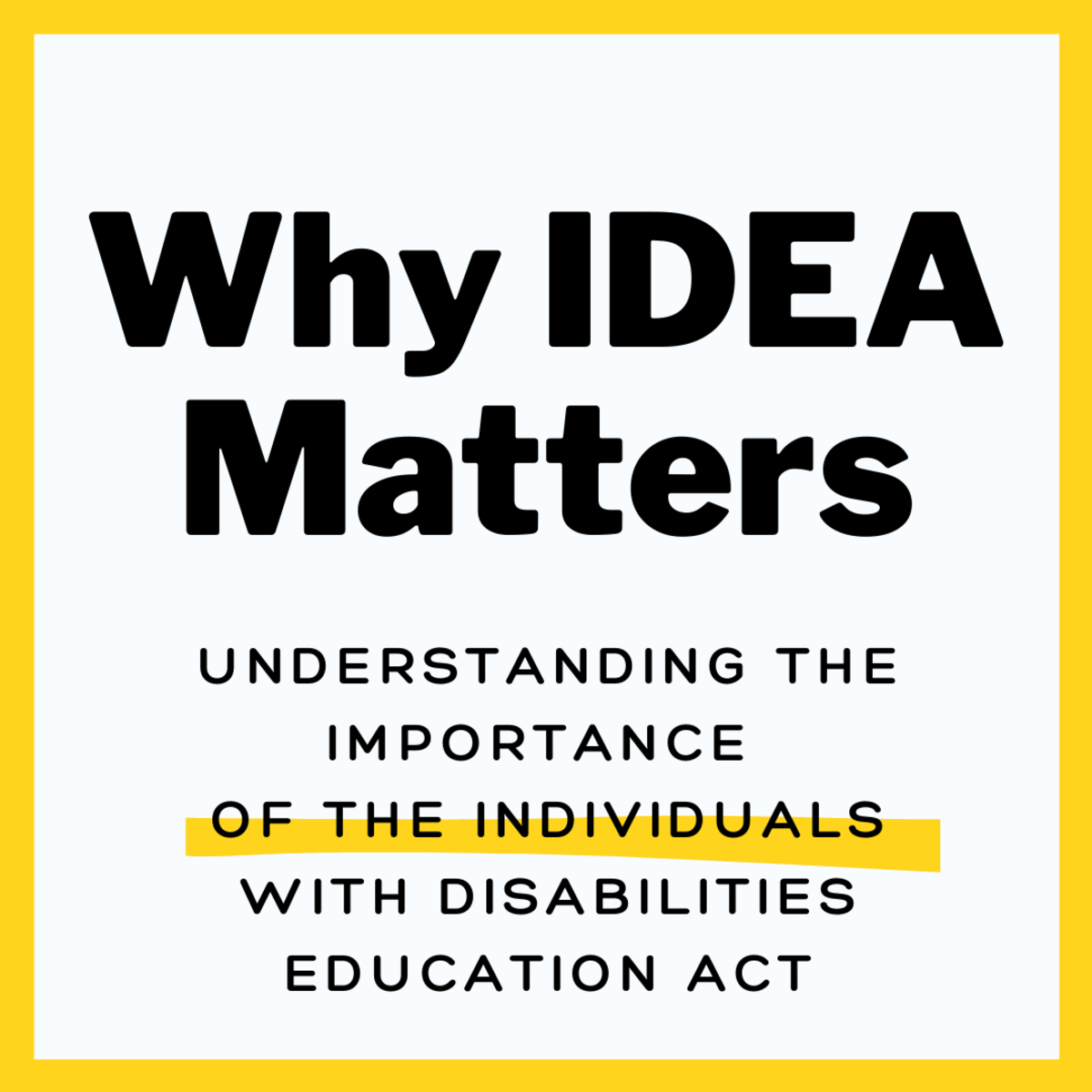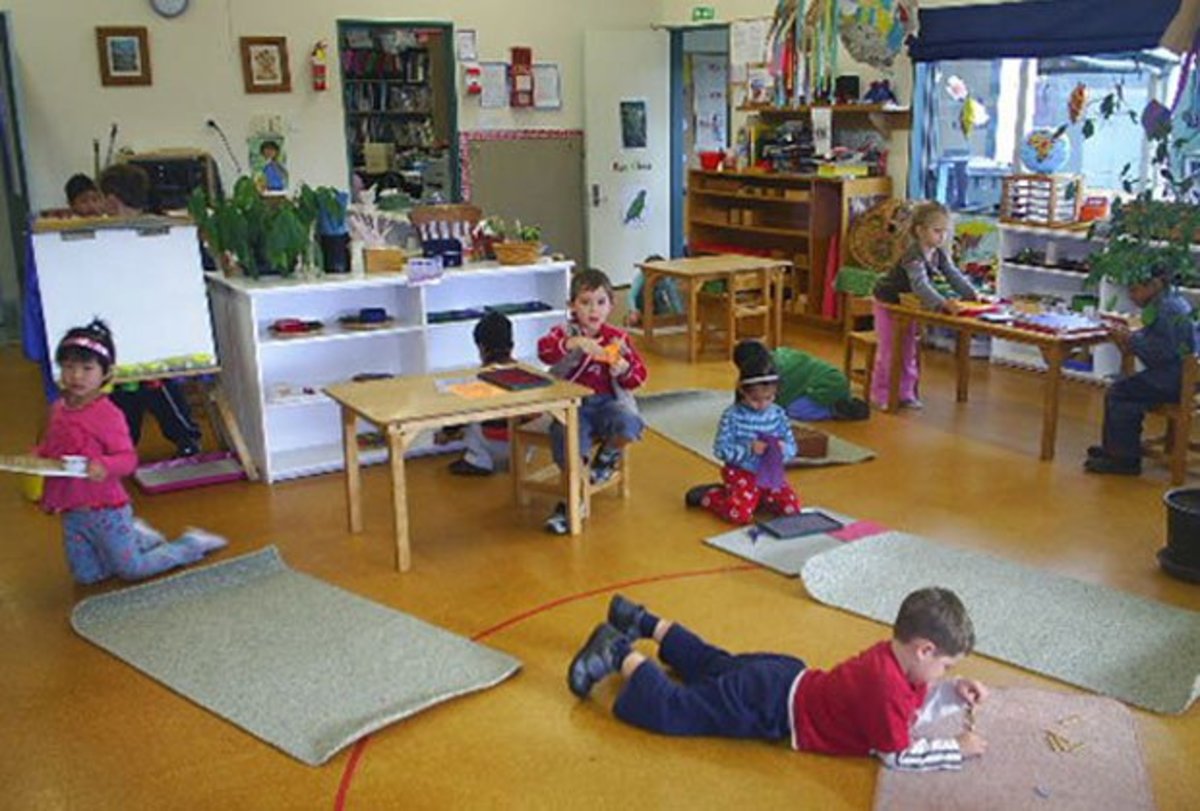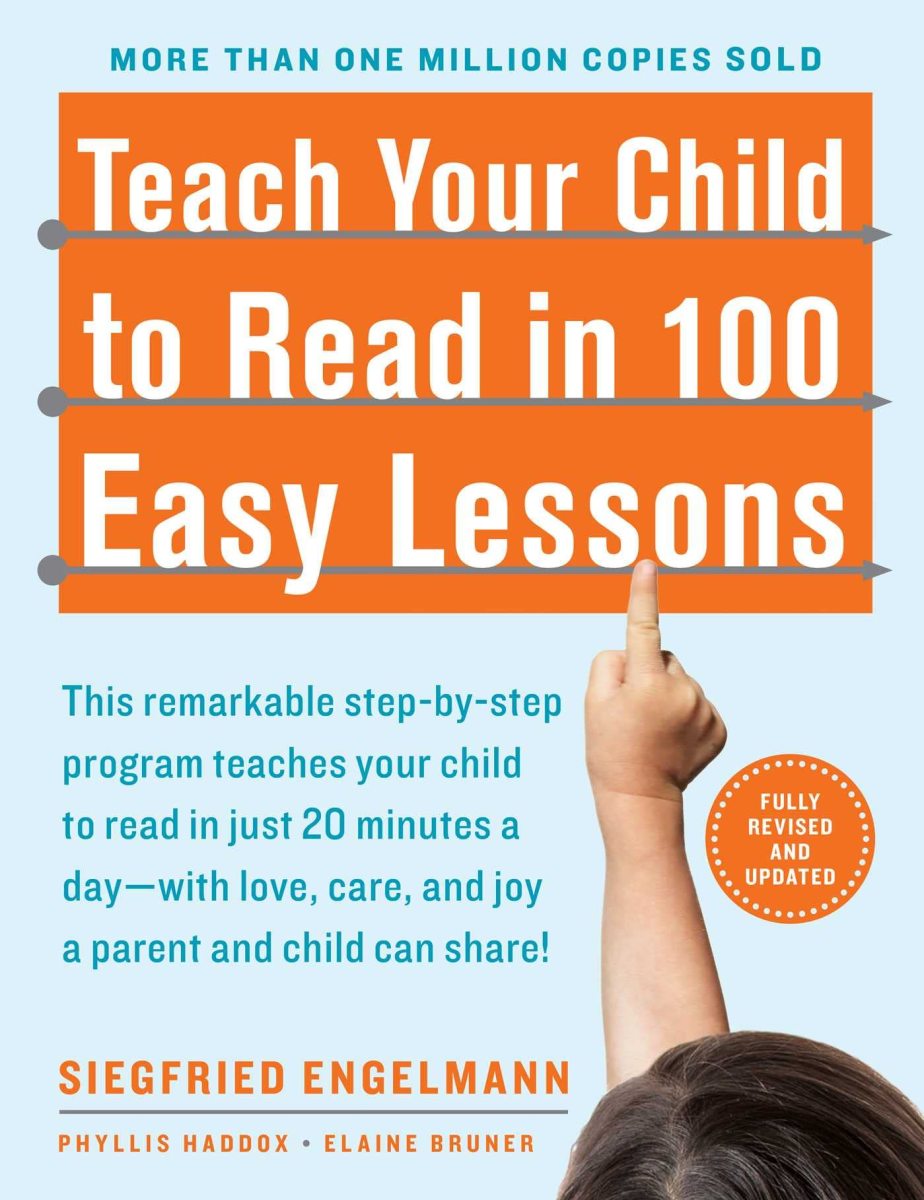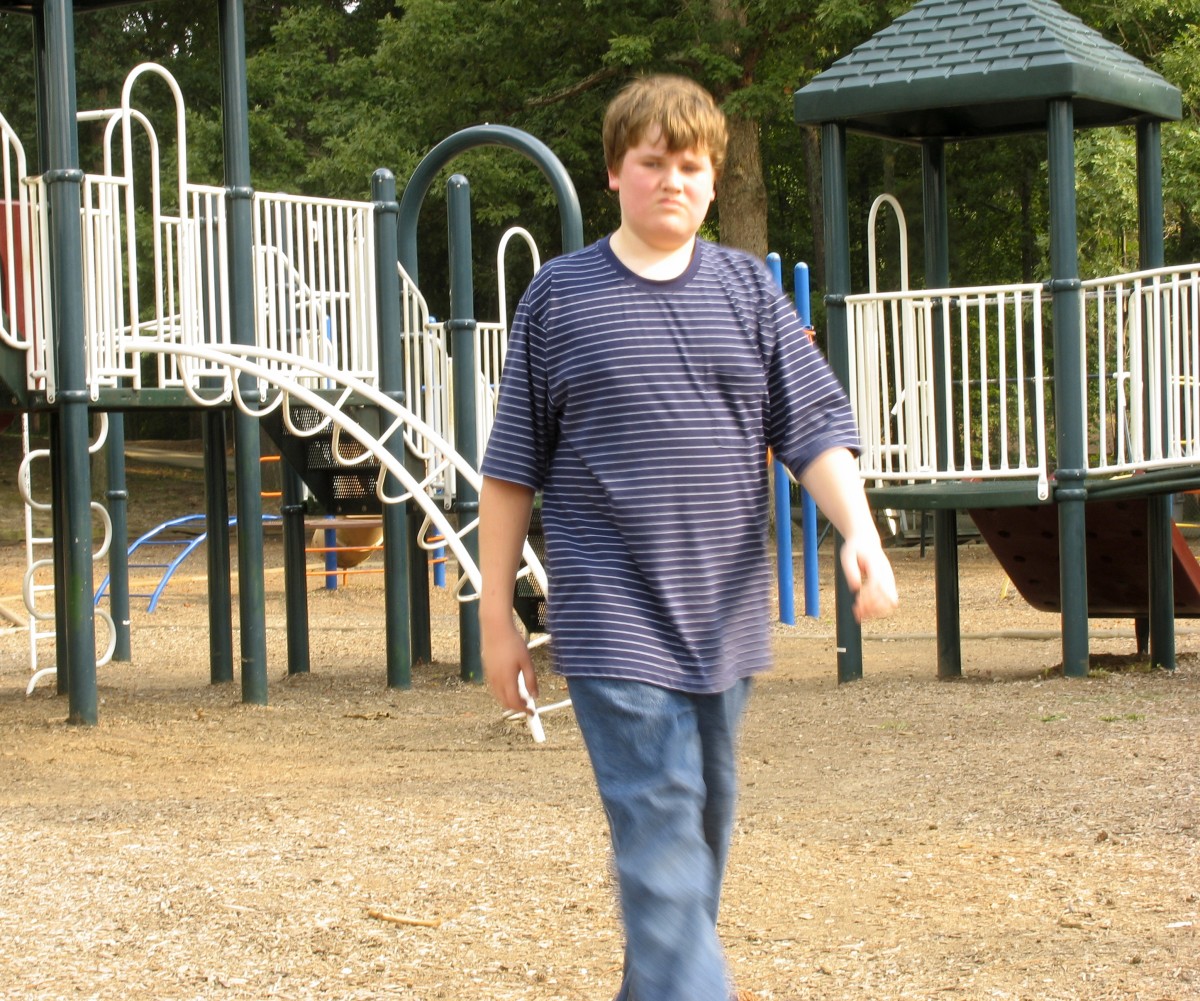Civilizing Little Monsters, Part I
Working With a Child's Absorbent Mind
It is the potential of every child to become wild and uncivilized creature. Only by living with civilized people can a child develop into a civilized individual, and to the extent that these people are civilized, will he become civilized. For instance, when a child is exposed to a gang life-style, watches his brothers use guns and is allowed to handle guns from an early age, this child will become quite adept at using guns and become very keen in recognizing and defending himself from enemies. The truth is, nature within the child causes him to absorb, accept and adapt to any environment he lives in. In one documented case, a toddler was placed out of harm's way in a chicken coop while her mother tended the fields. In time, the child exhibited the same flapping, pecking and scratching behaviors as the chickens she had spent her days with. Also, consider the boy who had been adopted by wolves as an infant and rescued by humans as a boy. Needless to say, they found that he behaved exactly like a wolf. The story of his rehabilitation is an interesting one, and illustrates the power of the absorbent mind in childhood. Conversely, when a child is exposed to ideas, philosophies and literature, he develops higher awareness and enlightened thinking. When a child is raised in an athletic family, he has the chance to develop into a star athlete, due to his family's encouragement and expectation to excel and compete in sports.
Nature equips the child with the ability to absorb the behaviors of its parents for the sake of survival. For instance, in the animal kingdom, a baby bear follows its mother, learning to forage for nuts and berries in the woods, catch fish in the rivers and navigate the mountain sides. Without a word from Mama Bear, Baby Bear, watching her every move, learns to survive in his rustic environment. In human life, the boundaries we set help the child survive in his world, whether it be simple or complicated, humble or glorious, or middle class.
Therefore, the time to set the boundaries is in early childhood when they are not only accepted and absorbed, they become indelible (permanent) as well. There are rules and boundaries for the child to absorb in order for him to navigate the unsafe waters of life. Parents need to set these boundaries in order to assist the child in its survival. He needs us to provide them, for they are based on what we know about life. The fact is, he knows nothing. How could he? He was just born, and being human, does not have instincts as other creatures do. Don't pretend your child knows that what he wants is good for him or not. Stay in a position of authority and let him know that you will allow what is good for him. Tending to reality, rather than illusion is really a matter of common sense.
And science backs up common sense. Consider the discoveries of Dr. Montessori who studied children in a scientific way. She discovered that all children absorb their environment through what she identified as the sense of order. Many people mistake the term to mean orderly as in neat and orderly... No. In fact, the child who lives in a cluttered house will absorb it into his sense of order. He absorbs this environment and is able to navigate through that unorganized house just fine. As long as it stays the way it is.
The following list is a good set of boundaries to set in any environment, whether home, school or day-care. The caregiver is part of the child's environment and lays the foundation for the rest of his life.
1. Never allow a child to tell you what to do. If you decide the child can have what he wants, give it to him later, rather than at the time of the demand. This delay will establish the power of your authority. Caregivers must always establish the reality that the adult is in charge. Do not put into the child's sense of order that HE is charge! This will produce insecurity within him for he does not yet have the experience or knowledge to go by.
2. Never allow a child to talk back to you. The reply, "I will not talk to you, if you talk to me this way." will motivate him to be polite. Follow through and keep quiet if he does continue. (But, keep in mind every child wants to please the adult in charge. Children don't like to disapoint us.)
3. No means no. Do not be blackmailed by crying. Maintain your stand. Tears will eventually stop when the child gets bored of crying. (You might have to wait for a while. Also, tell family members to let the crying child be. She'll get over it in her own time.)
4. Never allow a child to hit you.
5. Never allow a child to hit another child.
6. Never allow a child to talk rudely or meanly to another child.
7. Never allow children to rough house or run through a room.
8. Never allow equipment or tools to be misused.
9. A place for everything and everything in its place. Children should put back what they have used so others can use it after them.
10. If a child wishes to borrow something from another child he should ask in a polite manner. If the other child's response is "no", then his answer is to be respected.
Children's Rights:
1. Children have the right to be respected as children of God.
2. Nature is working to build a man. Children have the right to be understood in terms of their development, as guided by nature.
3. They have the right to be accepted 100%. We must properly guide their behavior while maintaining our acceptance and love for them.
4. We must properly guide our own behavior, realizing they are absorbing everything in their environment… which includes us.
5. Children have the right to an environment conducive to their psychological health.
This environment includes: purity, goodness, beauty, patience, gentleness, kindness and cheerfulness.
6. Children have the right to nutritious foods which are conducive to their physical development.
7. Children have the right to an education which is conducive to what the child will require in order to become a healthy, strong and functional adult able to fit into / be able to survive in the society unto which he was born.
8. Children have the right to liberty within boundaries for the sake of pursing what is interesting and stimulating to them. We can facilitate their natural interests and love of learning regarding all the amazing aspects of life.
9. Children have the right to learn the rules of proper behavior for the sake of common courtesy, common sense and safety.
10. Children have the right to be protected from all that would harm them mentally, physically, psychologically and spiritually.
We must respect the inner life of the child and not bombard him with too much outer stimulation in the form of screen technologies, and even too much conversational input from us. These influences can be addicting to the psyche of the child.
We must not expose the child to sexual input in the form of adult themed movies. We risk sexualizing our children too early and robbing them of their innocence in childhood. (Children who are molested are left permanently scared with devastating psychological consequences. Who knows how early exposure to provocative images in film or real life will affect them!)








